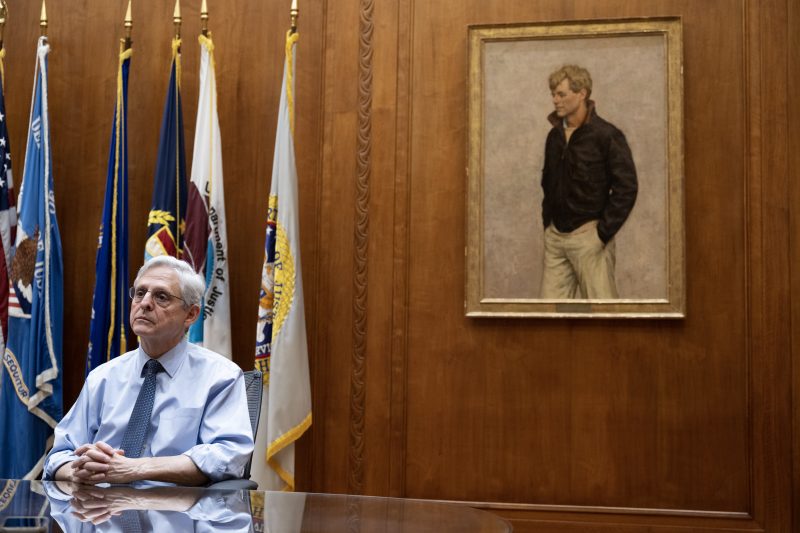For the fourth time in less than six years, a special counsel has been appointed to investigate a sensitive matter having to do with a president or his administration.
First it was the Russia investigation headed by Robert S. Mueller III (2017). Then it was the investigation of the Russia investigation (2020), which appears to be winding down with relatively little to show for it. And now, within the past two months, twin special counsels have been appointed to investigate the unauthorized retention of classified documents by both former president Donald Trump (November) and President Biden (Thursday).
This is all very unusual.
Since the first special counsel was appointed in 1875 — Ulysses S. Grant appointed one to try to combat one in a series of scandals that plagued his administration, the “Whiskey Ring” affair — there have been fewer than 20 such investigations of real and alleged scandals.
(A note: This excludes special prosecutors appointed by three-judge panels between 1979 and 1998 to investigate alleged wrongdoing by individual government officials.)
The process for appointing special counsels has changed over time, and for a period they were known as “independent counsels,” operating under a since-abandoned law governing how they were to conduct their duties.
But for a host of reasons, they have proliferated in recent years.
There were only eight such investigations in the 100-plus years after the first in 1875, but we’ve seen at least one special counsel in 9 of the past 11 administrations. There have been two each in the Bill Clinton administration, the Donald Trump administration and now the Biden administration — though one of the Biden administration special counsels deals with Trump’s conduct after leaving office.
Special counsels are appointed when a president or an attorney general decides that the investigation requires a measure of independence from the Justice Department — either because it involves the administration itself (in the case of Biden’s documents) or because it’s politically sensitive (in the case of the Biden administration investigating a former president who could be Biden’s 2024 opponent).
Justice Department guidelines state that a special counsel can be appropriate when an “investigation or prosecution of that person or matter by a United States Attorney’s Office or litigating Division of the Department of Justice would present a conflict of interest for the Department or other extraordinary circumstances.”
In his announcement of Robert K. Hur as special counsel on Thursday, Attorney General Merrick Garland cited the latter — the “extraordinary circumstances.” Garland also indicated that he entertained the concept of a special counsel long before the discovery of Biden’s documents was reported earlier this week and Republicans began to call for one.
But it’s also apparent that there was pressure on Garland to take this step by virtue of his having appointed a special counsel for the Mar-a-Lago documents case. Even though there are demonstrated differences between the two situations — mostly in the volume of documents Trump took and his refusal to return them when requested — it would have been awkward, at the very least, for Garland to appoint a special counsel for the Trump documents case but not one involving his own boss.
But the practical effect is that we’ve now seen two special counsels in the past two-plus years who were appointed, essentially, in light of the appointment of a previous special counsel. Special counsels are breeding new special counsels. Our county’s polarization and a growing mistrust of federal law enforcement, particularly on the right, have pushed this option to the forefront.
And it seems unlikely this will be the last special counsel we’ll see for a while.

